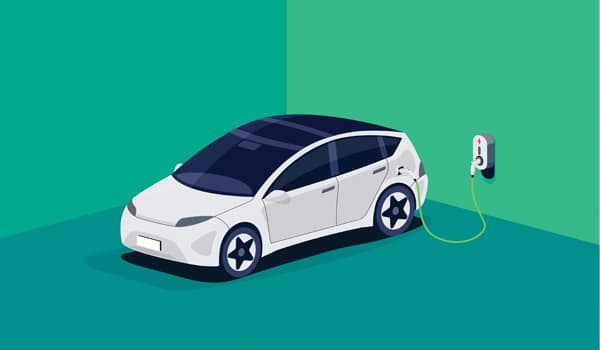With the potential to make electric vehicles even greener and more cost-effective, the resurgence of sodium-ion batteries could herald a sustainable energy storage revolution.

Salt, a time-tested preservative, is emerging as a potential game-changer in the realm of clean energy, with sodium-ion (Na-ion) batteries poised for a major breakthrough. Researchers at Tokyo University of Science, led by Professor Shinichi Komaba, are on the verge of a significant advancement in the development of these innovative batteries. Their breakthrough centres on the use of “hard” carbon electrodes, a denser form of carbon that significantly enhances the performance of Na-ion batteries. This advancement allows the batteries to store a remarkable 1.6 times more energy than their previous iterations. Similar to lithium-ion (Li-ion) batteries, the salt-based battery operates by facilitating the movement of sodium ions between electrodes during charge and discharge cycles, demonstrating comparable strength to some Li-ion batteries already on the market.
The resurgence of interest in sodium-based batteries marks a return to their roots, as they were initially explored alongside Li-ion batteries but eventually fell out of favor due to their limited storage capacity. However, sodium batteries have been making a comeback due to several key advantages. They do not pose the risk of combustion, and sodium is readily available and cost-effective. Additionally, the harvesting process for sodium is more environmentally friendly, as it does not rely on expensive and environmentally impactful raw materials like cobalt, copper, lithium, and graphite, which are primarily controlled by China. Li-ion batteries, commercially available since 1991, have become the go-to choice for electric vehicles (EVs). While EVs produce fewer greenhouse gas emissions over their lifespan compared to traditional gasoline-powered vehicles, the mining and manufacturing processes for lithium batteries are environmentally problematic.
These processes release toxic fumes, contaminate water sources, and produce more carbon dioxide than the manufacturing of gasoline-powered vehicles. The breakthrough in sodium-ion battery storage capacity holds the promise of making EVs even more eco-friendly and cost-effective. Currently, approximately 30 facilities worldwide are either planned, under construction, or already producing sodium-ion batteries. Many of these facilities are located in China, but the industry is expected to witness further expansion in the near future. The revival of sodium-ion batteries, leveraging the unique properties of salt, could mark a turning point in the quest for cleaner and more sustainable energy storage solutions, potentially revolutionizing the electric vehicle industry and reducing its environmental impact.






